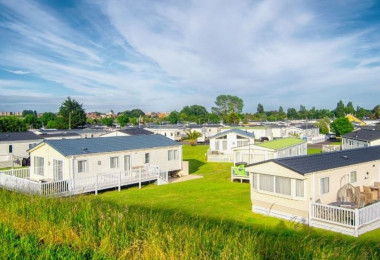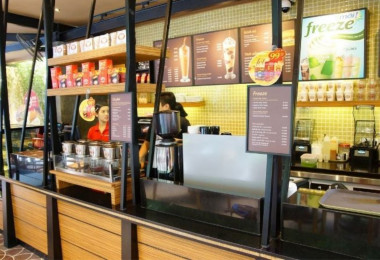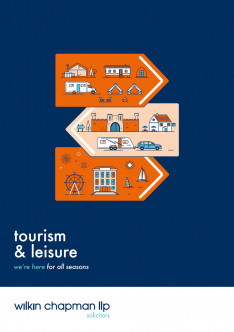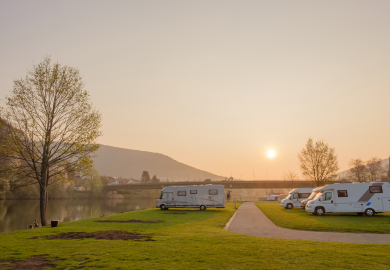
Facilitating growth
Our team of reliable and knowledgeable solicitors and advisors will help you with your diversification and expansion plans.

Help managing people
From contracts and policies to holiday pay and day-to-day HR issues - our expert team is by your side every step of the way.

Compliance & regulations
In this sector there is a continual need to ensure full compliance - our experienced legal team can help you with all policies and procedures to make sure your business is always fully compliant.













